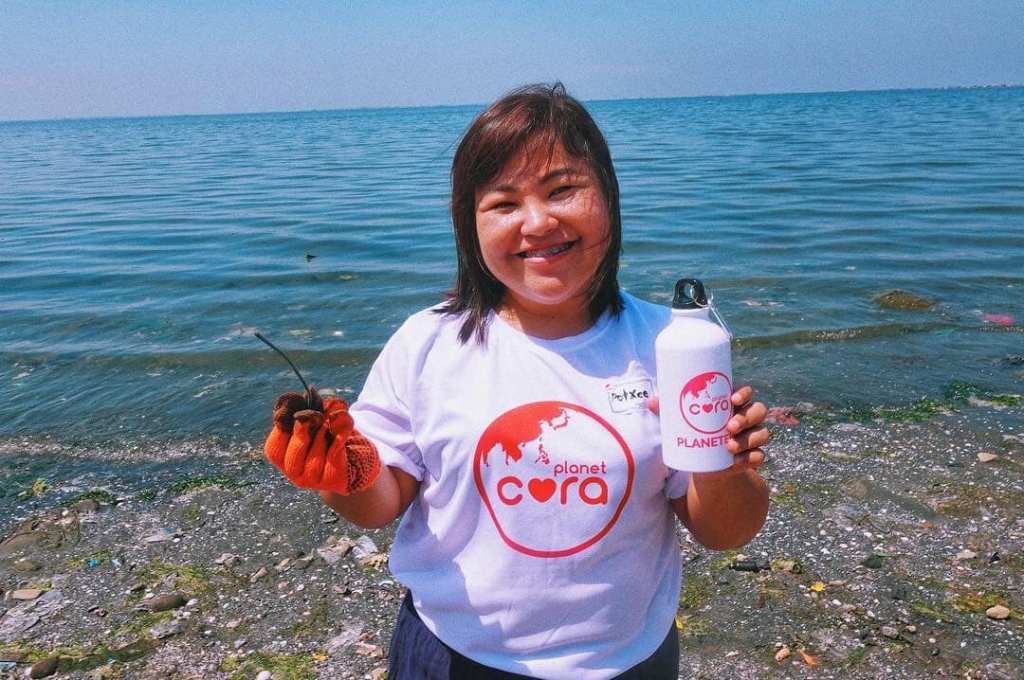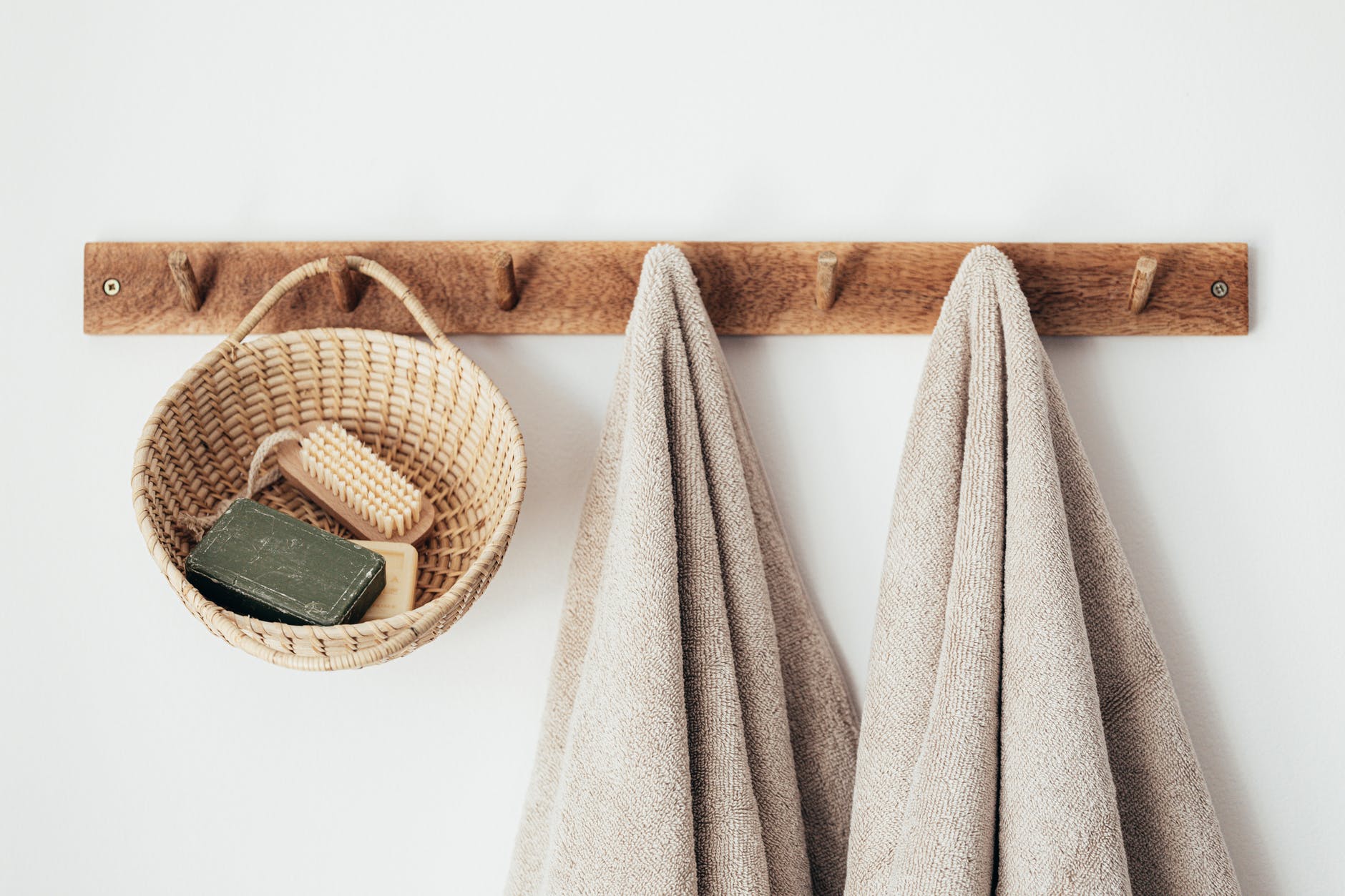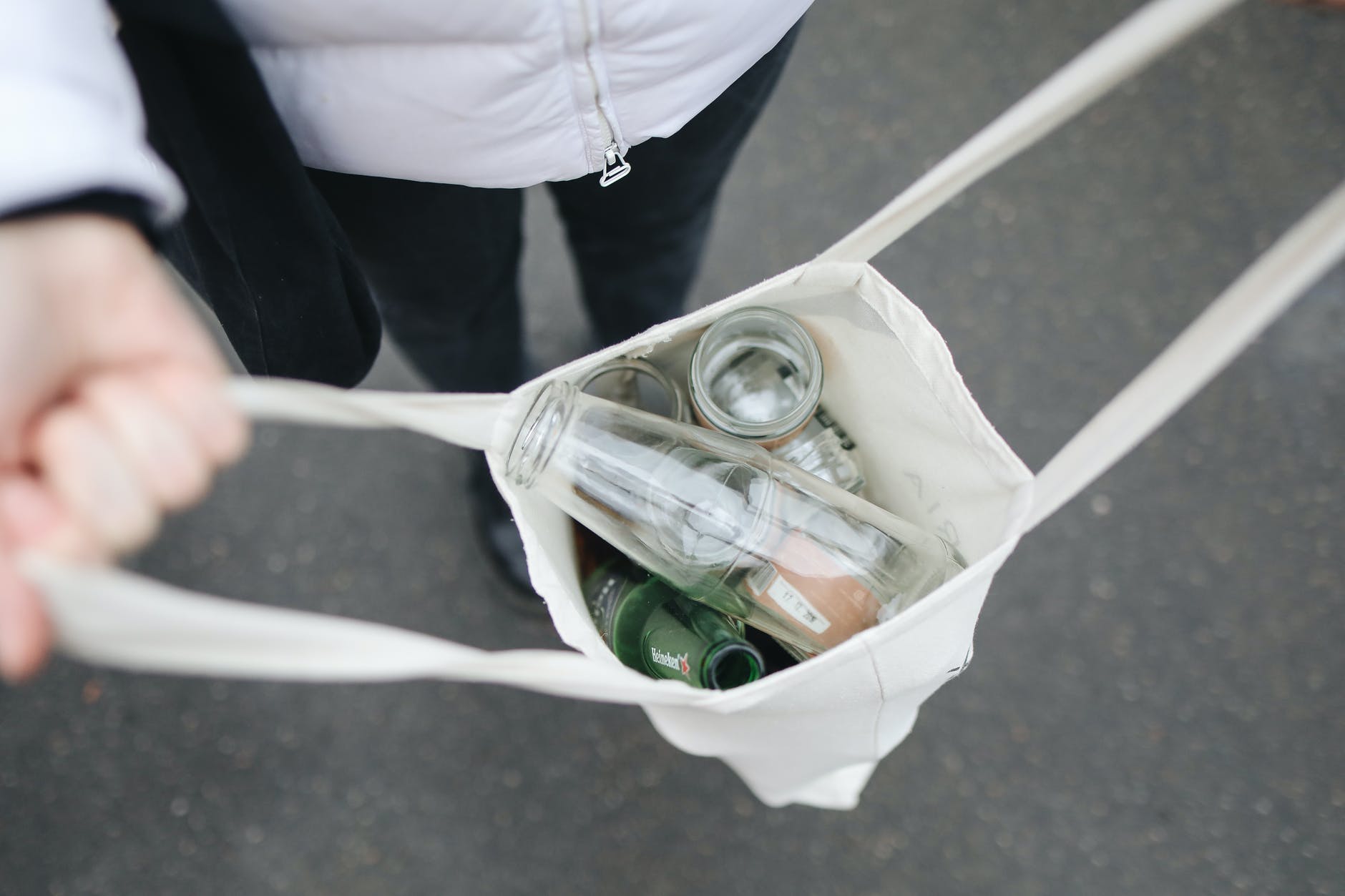Everything we do in our day-to-day life affects the planet, from the straws that we use to drink our milk tea to how often we leave the lights on in our home. Now more than ever, it is important that our actions and decisions do not contribute to the further damage of the environment.
The first step to achieving this is by adopting eco-friendly practices. “This means buying products that do not contribute to air, water, and land pollution, as well as making it a habit to conserve resources like water and energy,” says Potxee De Castro, Sustainability Officer of Planet CORA, a non-government organization dedicated to protecting #LifeBelowWater and #LifeOnLand, and to empowering everyone to take aggressive #ClimateAction for the future of our youth.
Once you’ve gotten the hang of reducing, reusing, and recycling, the next step would be practicing sustainable living, which means being conscious and cautious of how you interact with your home appliances, how you travel from one place to another, how much you buy, and more — all in order to protect and improve the environment.
“It’s important to practice sustainable living because you are ensuring the quality of life of future generations,” Potxee says.

“When you do something right, you feel right.”
Potxee de Castro, Planet CORA
Another reason to practice sustainability is not just its positive impact on the environment, but also its effect on one’s mental health. “When you do something right, you feel right,” Potxee points out. “Whenever you feel that everything else in your world is falling apart, just knowing that you are doing something good, not just for yourself but for the sake of others, will make you feel better about yourself.”
It’s possible to practice sustainable living right in the comforts of your own home and among your circle of friends.
Potxee recommends 10 phases to get you started:
#10: Decluttering starts at home.
“Start by going through your things — what do you need, and what do you really, really need?” Potxee advises. “By filtering your items, you get to start thinking about your spending and consumption habits, which leads to better decision-making about how you can maximize your existing resources, and how you can share your excesses with others.”
For the people who like to collect as a hobby (be it toys, shoes, or designer bags), this does not mean they have to give up their pastime. “If collecting really brings them joy and they can’t stop doing it, ask them to do something good for others or for the planet in exchange for every new item that they acquire, like donate some of their clothes or not buy a beverage that comes in a plastic container for that week,” suggests Potxee.
#9: One plant at a time.
No need to create an indoor garden — you can make do with just little pots of herbs or flowers. “And even if you don’t have a green thumb, just keep trying!” Potxee advises. “You gain experience just by making the effort to let a plant live, and you also get to appreciate life from a different perspective.”
#8: Refuse single use.
“It’s so hard to do this now during the pandemic because we rely on deliveries to provide us with our essential needs, and more often than not these deliveries come with huge amounts of plastic and bubble wrap to protect the items,” Potxee says. One way to resolve this is to be very insistent when you place your orders that your items should come with minimal to zero plastic packaging or utensils (if you are ordering food). Another way is to be resourceful and look for alternative products that are closer to home, so that you just can personally pick them up using your own containers and bag.

#7: Count your carbon footprint like you’re counting calories.
At home, you can do this by conserving electricity. “If you must turn on the air-conditioning, try to gather everyone in one room so you don’t turn on so many units,” says Potxee. Other ways to save electricity include turning off unnecessary lights, maximizing use of natural light, and unplugging unused electronics.
#6: Save water.
Even though water covers 70 percent of our planet, only 3 percent of it is fresh water. As a result, some 1.1 billion people worldwide lack access to water to drink, bathe in, or irrigate their farm fields with. In addition, rivers and lakes are becoming too polluted to use, and climate change is altering patterns of weather and water around the world, causing shortages and droughts in some areas and floods in others.
So conserve water. “Take shorter showers; turn off the faucet while brushing your teeth or shaving; use your washing machine only when you have a full load, and use the water from the final rinse to water your plants or flush your toilet,” advises Potxee.
#5: Don’t hate, educate.
“I used to feel really bad towards people who would call me pushy or finicky for reminding them to stop using plastic straws or pay attention to their carbon footprint,” Potzee shares. “But later on I learned that if I took the time to patiently explain things to them and increase their awareness of the issue, I could influence them to change their ways.”
#4: Ditch and switch.
Switch to items that are eco-friendlier. “But do you research so that you balance cost with quality,” reminds Potxee.
#3: Pose and post.
Leverage the reach of your social media followers to influence people to make better choices.

#2: Lead by example.
Don’t say one thing but do another. Whatever you do will be watched and emulated, so make sure you hold yourself to the same standards you preach to others.
#1: Consistency is key.
“Nobody’s perfect, and there will be times when we will inevitably encounter plastic items — someone gifts us with a drink that’s in a plastic cup, for example. In this case, go ahead and enjoy that drink, but just don’t forget to throw it in the proper recycling bin when you are done,” says Potxee.
On the surface, it can be incredibly daunting to reduce your environmental footprint especially when you feel that you are just one person and will probably not make a difference. But when you break it down into the small phases outlined above, you will realize that you have more power than you thought.
For more information about Planet CORA and how to volunteer, visit www.wearecora.org.

